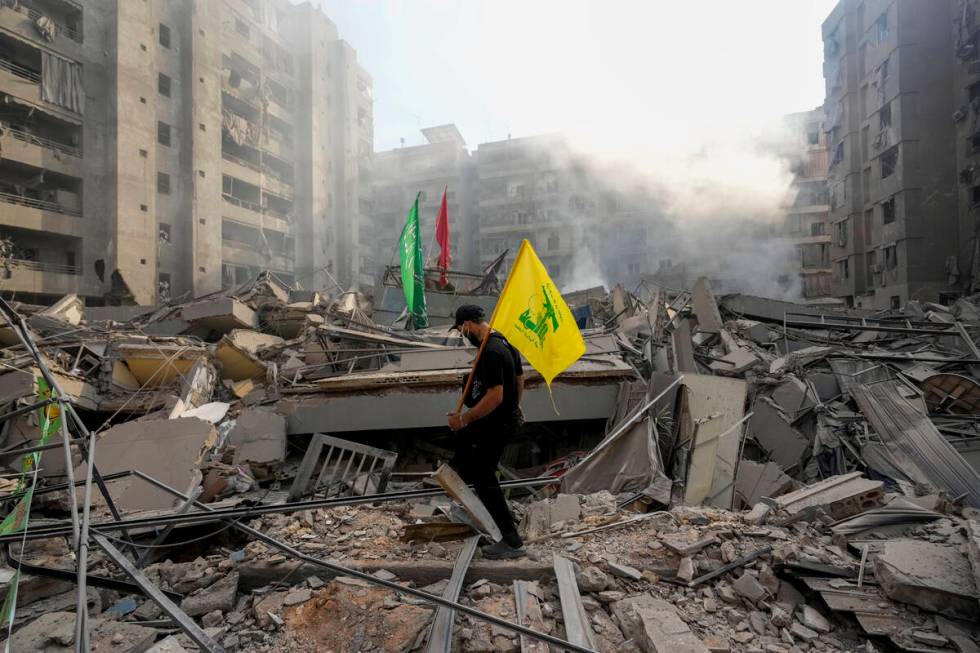Hamas faces murky future without Assad

BEIRUT — A severely hobbled Hezbollah was in no position to help defend former Syrian President Bashar Assad, a longtime ally, from the lightning-fast insurgency that toppled him. With Assad gone, the terrorist group based in Lebanon is even weaker.
Hezbollah was dealt a major blow during 14 months of war with Israel. The toppling of Assad, who had strong ties to Iran, has crippled its ability to bounce back by cutting off a weapons-smuggling route through Syria.
Hezbollah officials are concerned but defiant.
“What is happening in Syria is a major, dangerous and new change, and to know why this happened needs evaluation,” Hassan Fadlallah, a Lebanese lawmaker who represents Hezbollah’s political wing, said during a speech at a funeral. “Whatever is happening in Syria, despite its dangers, will not weaken us.”
Analysts say the diminishment of Hezbollah will have big consequences for Lebanon, where for decades it has been a major political player — and for Iran, which has relied on the group as one of several proxy forces projecting power across the Middle East. It is also a game-changer for Israel, whose nemesis on its northern border is at its most vulnerable point in decades.
The Assad dynasty, which ruled Syria for half a century with an iron fist, played a role in empowering Hezbollah, which was founded in the early 1980s by Iranian advisers who came through Syria. In addition to being a conduit for Iranian weapons, Syria also was a place where Hezbollah trained fighters and manufactured its own weapons.
As Hezbollah grew more powerful, it became a force Assad could rely on for protection in times of crisis. Hezbollah sent thousands of fighters to bolster Assad’s forces when a civil war broke out in 2011.
As insurgents swept across Syria in early December and took the city of Homs, many expected the Hezbollah fighters to put up a fierce defense. After all, they did just that in 2013, preventing Assad’s opponents from advancing into Damascus.
This time, Hezbollah was in disarray. Many of its top officials, including longtime leader Hassan Nasrallah, were killed in Israeli airstrikes. And months of Israeli bombardment destroyed much of its military infrastructure. With Syria’s key international allies, Russia and Iran, on the sidelines, Hezbollah withdrew, and Assad was ousted quickly.